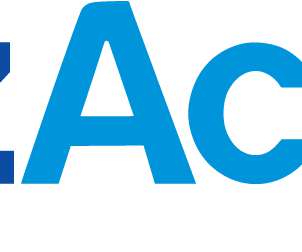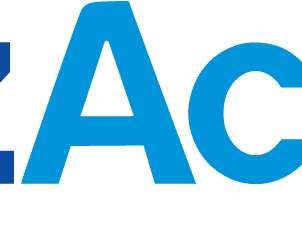Leverage Blockchain Technology for Supply Chain Management
BizAcuity
JULY 15, 2022
Quite recently, the logistics industry was introduced to Edge and Fog cloud computing , to make the use of IoT devices (for analytics) cost-effective and efficient. Recent innovations by big players such as Oracle, Amazon and IBM have made blockchain technology much more accessible and easier to implement. Conclusion.












Let's personalize your content